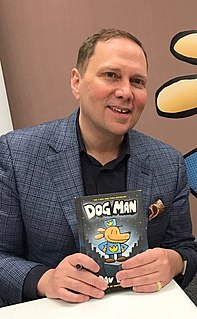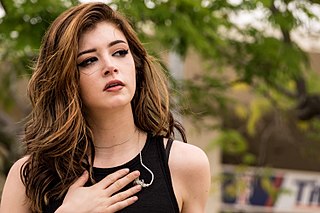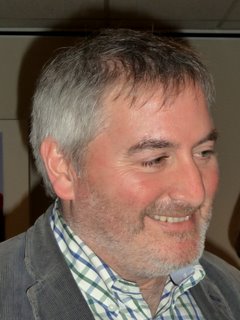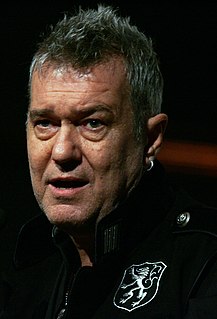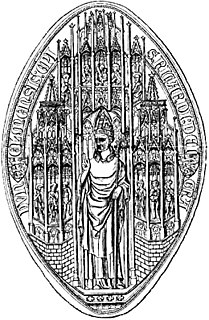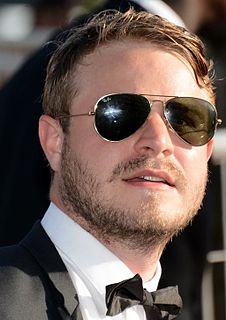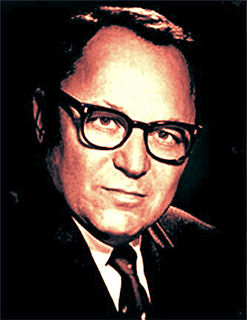Top 1200 Writing Children's Books Quotes & Sayings - Page 2
Explore popular Writing Children's Books quotes.
Last updated on April 17, 2025.
Certainly I do not wish that instead of these masters I had read baby books, written down to children, and with such ignorant dullness that they blunt the sense and corrupt the tastes of the still plastic human being. But I do wish that I had read no books at all till later - that I had lived with toys, and played in the open air. Children should not cull the fruits of reflection and observation early, but expand in the sun, and let thoughts come to them. They should not through books antedate their actual experiences.
I can't say that you should extract this or that value from my books explicitly. They are up for interpretation. In terms of the obligation, I think we're all individuals on this planet, trying to scratch our way through the day, and if you're writing a book exposing atrocities in Rwanda or writing a murder mystery set in a mountain village, I think both ways of spending you time are valid and both books are probably fine to read.
You learn so much with each book, but it's what you teach yourself by writing your own books and by reading good books written by other people - that's the key. You don't want to worry too much about other people's responses to your work, not during the writing and not after. You just need to read and write, and keep going.
In books I find the dead as if they were alive; in books I foresee things to come; in books warlike affairs are set forth; from books come forth the laws of peace. All things are corrupted and decay in time; Saturn ceases not to devour the children that he generates; all the glory of the world would be buried in oblivion, unless God had provided mortals with the remedy of books.
I started reading Dickens when I was about 12, and I particularly liked all of the orphan books. I always liked books about young people who are left on their own with the world, and the four children's books I've written feature that very thing: children that are abandoned by their families or running away from their families or ignored by their families and having to grow up quicker than they should, like David Copperfield - having to be the hero of their own story.
On the craft level, writing for children is not so different from writing for adults. You still have to have a story that moves forward. You still have to have the tools of the trade down. The difference arises in the knowledge of who you're writing for. This isn't necessary true of writing for adults.
To the question of writing at all we have sometimes been counselled to forget it, or rather the writing of books. What is required, we are told, is plays and films. Books are out of date! The book is dead, long live television! One question which is not even raised let alone considered is: Who will write the drama and film scripts when the generation that can read and write has been used up?
There is a huge tension in trying to write with small children because they demand your attention and your time with a fierceness that can be matched by nothing else, but if you are successful in writing while you have small children, I actually think that your writing is likely to be deeper than it was before.
The young adult literature is relatively new - it just kind of exploded in the 2000s. When I grew up, there weren't bookstores with sections dedicated to teen lit, nor was my generation raised reading books written specifically for us. Because of that, today we still think of books for teens as children's books and so when you write a book that includes sensitive topics, it just seems even more controversial. What's troubling to me about that is these are issues adults know that teens deal with. Not writing about them makes them something we don't, or can't talk about.
Writing fiction is very different to writing non-fiction. I love writing novels, but on history books, like my biographies of Stalin or Catherine the Great or Jerusalem, I spend endless hours doing vast amounts of research. But it ends up being based on the same principle as all writing about people: and that is curiosity!
Every generation likes to think that children don't read as much as they used to when they were young! You listen to some adults saying they were going around reading 'Ulysses' when they were seven or eight! I think children are voracious readers if you give them the right books and if you make those books accessible to them.
I've published over 100 books - and that is divided about 50/50 adult and young adult. Lately, I have been writing more YA, which is such a great genre to write it. I don't have a favourite (I usually say it's the last book I've written), but certain books do stick in the mind. My very first YA novel, The Children of Lir, will always be special to me, and, of course The Alchemyst because it was a series I'd wanted to write for ages.














